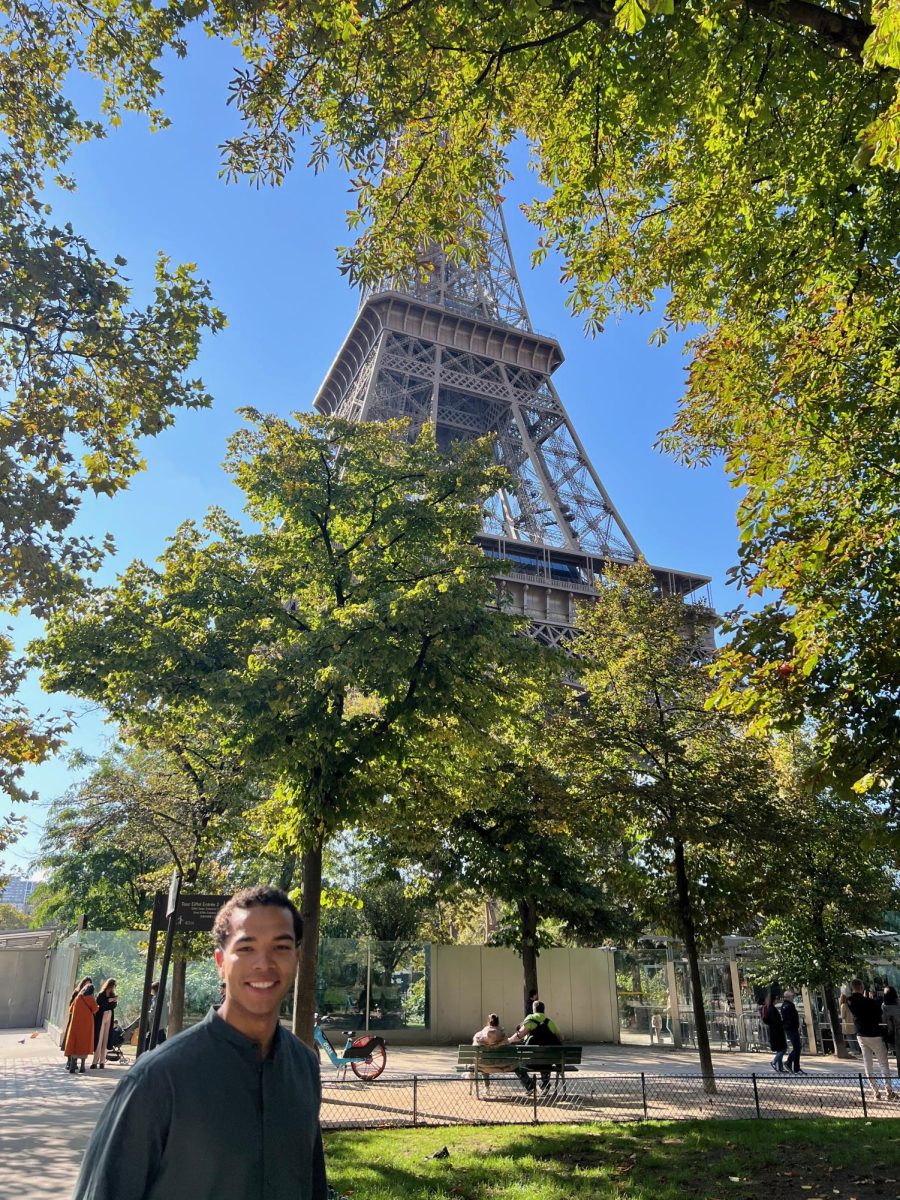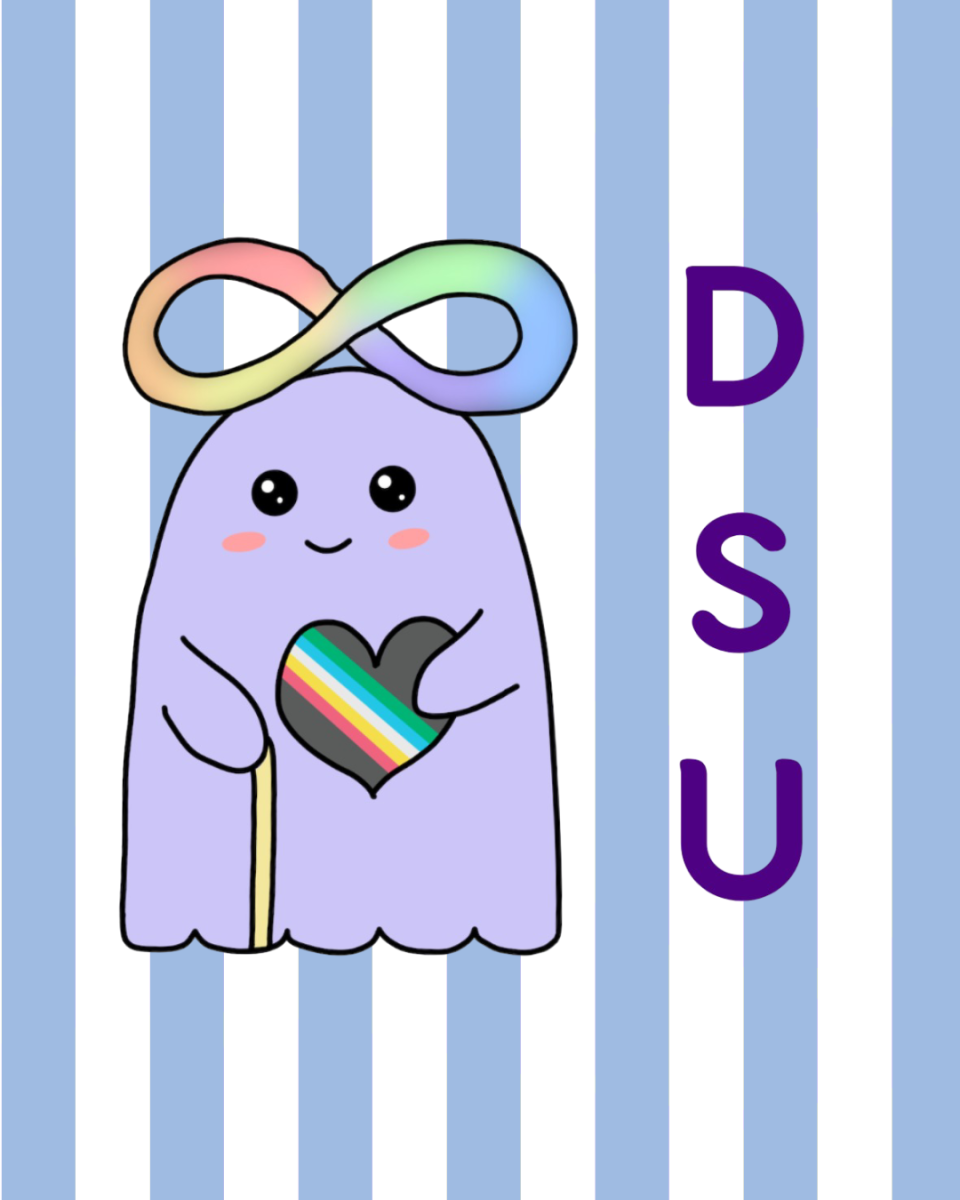
Many environmentally focused events have popped up around campus this past week, providing free, locally-sourced food and drawing in students from all over campus to learn about food justice. The initiative includes a wide range of events between Oct. 12 and Nov. 4. “We’re calling this initiative Food Justice Week and Beyond,” said Zilkha Center food intern Allison Li ’22, who helped coordinate the program. “[It] is intended to increase campus engagement with sustainable food and food justice issues and help the Williams community define its food values.”
Li started working on the initiative over the summer, researching other colleges’ food justice initiatives for inspiration. “I saw that Amherst had had their first Food Justice Week earlier this year and thought that it would be great for the Zilkha Center to organize something similar at Williams to raise campus awareness of sustainable food and food justice issues,” she said.
The initiative’s coordinators said they hope the events will prompt students to think more critically about the often-overlooked topic of food justice. “Food justice isn’t one of the more talked-about subjects in Environmental Studies right now, especially at Williams,” Williams Environmental Council (WEC) president Madeline Rawson ’21 said. “Most justice and advocacy conversations, in my experience, have revolved around climate change and toxins in the environment. While these are two important topics, food insecurity and injustices are not mentioned as much.”
Many sustainability-focused events have taken place recently, including Food Super Storytime, cooking workshops, Sustainable Stressbusters and a farm service day with Lehman Community Engagement.
The sustainable cooking workshop, which occurred on Monday, Oct. 21, and was called “Rice Rice Baby,” was entirely student-run and provided attendees with hands-on experience cooking with grains and fresh fruits and vegetables. The students who participated had the opportunity to make their own rice bowls and learn the basics of cooking with healthy foods.
The Sustainable Stressbusters event in Goodrich on Wednesday attracted dozens of students, offering donuts, pies and ice cream from local sources, and a DIY tote-bag station. “It went really well and seemed to be a hit,” said WEC member Petra Baldwin ’21. “All the food was seasonal and came from local farms and shops, so it was great to make people happy with local food and raise awareness and acknowledgment of where our food comes from.”
In another collaboration, all three dining halls offered local and sustainable meals as part of Dining Services’ Real Food Day Dinners last Thursday. In addition, Paresky served noodles, protein cookies and apple crumble for any students who came by during lunch hours. “All of the food that [was] served at this event is considered to be ‘real food,’ defined as local or community based, fair, ecologically sound and humane,” Li said.
This initiative comes after years of work in the Zilkha Center, which has conducted audits on the College’s food purchasing with the Real Food Calculator since 2012.
“We have a few years of baseline data and are hoping now to overlay what our community cares about to see how they match up,” said Caroline Bruno ’15, interim assistant director at the Zilkha Center. “With our most recent audit, we found that 18 percent of food purchased through the dining halls is considered ‘real food,’ and of that 18 percent, almost all of it was local. Other peers are working toward 20 percent real food by 2020, and some have achieved 30 percent already.”
Above all, Rawson said she hopes that these events will spark discussion on the relationship between food insecuity and race. “Food Justice Week will do a lot to raise awareness and start important conversations about how food insecurity disproportionately affects people of color,” she said.
Though the bulk of the week’s events have already taken place, there is still time to participate, including through an outing on Sunday to Robariah Farms for organic kosher chicken processing, a workshop on Monday on strategies for building a just food system and a public lecture on Monday evening given by Soul Fire Farm’s Leah Penniman on “African Diasporic Wisdom for Farming and Food Justice.”
Bruno said she is optimistic about the impact of Food Justice Week and Beyond. “We are hoping that through engaging a broader set of students, we can increase our contribution to a more sustainable and just food system and increase our commitment to sustainable purchasing,” she said.








